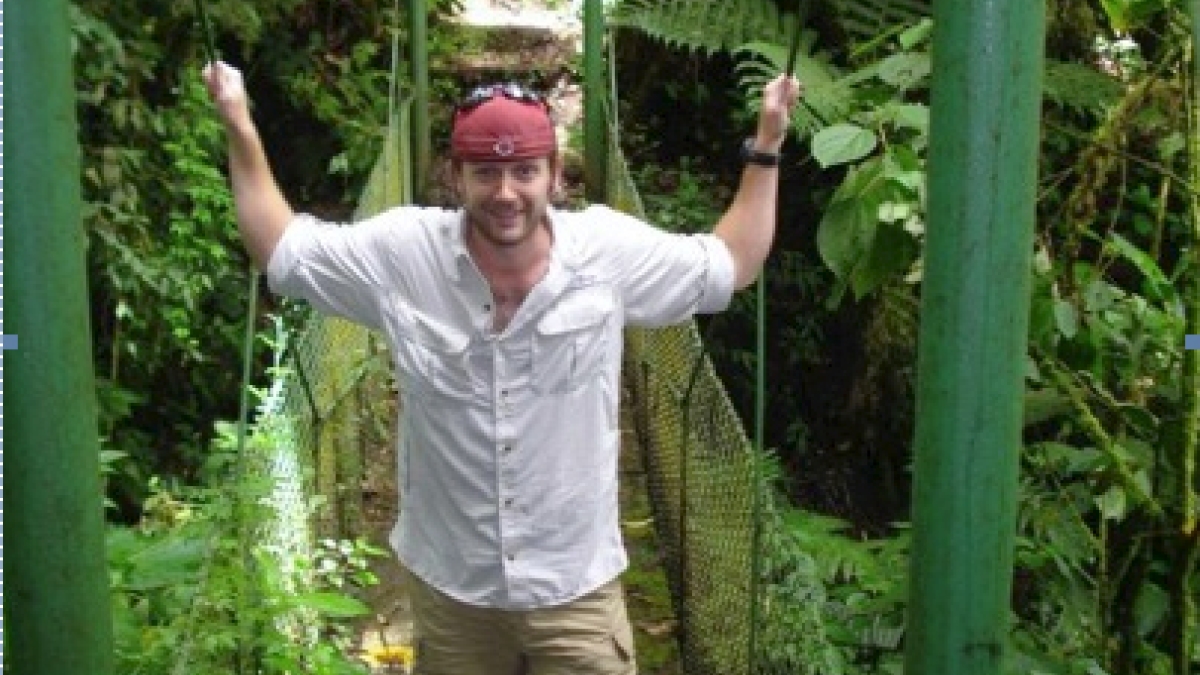Sustainability grad focuses on water management

How will global changes increase the need for better water management in the coming years? Ben Warner, who will receive his doctorate in sustainability from the School of Sustainability at Arizona State University, investigated the causes of water scarcity in his field research.
In a rural, semi-arid region of northwestern Costa Rica, Warner worked directly with water and agricultural managers. His findings have since been used to refine current water management policy in the region.
After a post-doctoral stint at the University of Massachusetts, Warner plans to work as a consultant on water scarcity, as well as continue his research.
In Costa Rica, Warner found that drought and international trade liberalization treaties have had a major impact on small farmers.
“I found that Costa Rica’s 1983 economic restructuring limited smallholder farmers’ livelihood options to only rice production,” he says. “Recent threats of trade liberalization stemming from Costa Rica’s ratification of Dominican Republic – Central America Free Trade Agreement (DR-CAFTA) have limited their ability to gain access to domestic rice markets.”
The economic impact combined with increasing drought in northwestern Costa Rica resulted in greater vulnerability to global changes and the power to adapt to them.
“Smallholder farmers’ livelihoods have been greatly diminished, and large rice and sugarcane farms are now more profitable,” he says.
As Warner sought how to increase farmers’ ability to cope with limited market access and increasing drought, he collected data from workshop proceedings, focus groups, interviews and surveys from small farming households within the Arenal-Tempisque Irrigation Project in Guanacaste, Costa Rica.
His analysis revealed that farm size, farming tenure, the presence of family members working outside of the agricultural sector, livestock ownership, perceptions of climate change and household reliance on agriculture were determining factors in farmers’ decisions to adjust their livelihoods. His work contributed to a multi-organizational effort to reshape agricultural water policy in northwest Costa Rica.
After Warner earned a civil engineering degree at Purdue University, he worked as a consultant designing large-scale water infrastructure projects. Then, he found himself drawn to ASU for his doctorate because of the university’s approach to interdisciplinary studies in the field of water sustainability.
“My program supports research in the interactions between rural development and large-scale water infrastructure. This interdisciplinary focus is not the norm across universities, but it is becoming more accepted.”
Warner was awarded the Graduate Completion Fellowship in spring 2014 to complete his dissertation.
Written by Michele St George